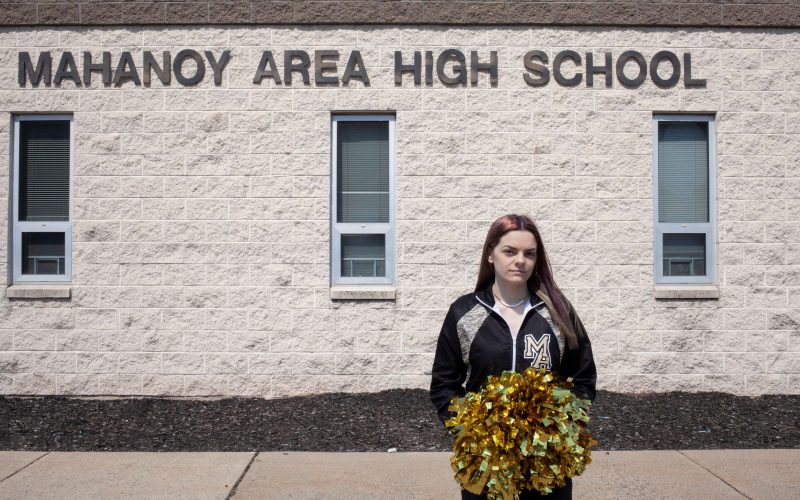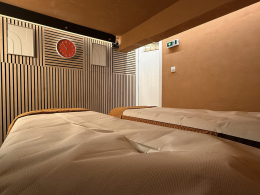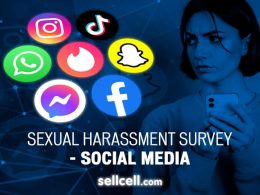The Supreme Court of the United States has ruled this Wednesday in favor of a student from a high school in Mahanoy (Pennsylvania) who was sanctioned for publishing insults against her school on the social network Snapchat when she was out of the establishment. Brandi Levy was 14 years old when she uploaded a photo to the social network complaining that she had not been admitted to the college cheerleading team.
As punishment, the institute prevented him from being a cheerleader for a year. The highest judicial body has ruled that the school district violated the first amendment to the Constitution , which protects freedom of expression .
The case sets a precedent for schools’ corrective limits to their students in the age of social media. The vote in the Supreme Court was resolved with eight votes in favor of the teenager and only one against. “It might be tempting to dismiss BL’s words as inappropriate for the First Amendment protections up for debate here .
But sometimes it is necessary to protect the superfluous in order to preserve the necessary, ”Judge Stephen Breyer wrote in the arguments. The progressive magistrate indicated that students “do not lose their constitutional rights to freedom of expression even at the school gate.”
US campuses restrict freedom of expression
Levy learned that she had not been admitted as a cheerleader on a Saturday while she was in a store. Angry, she uploaded a selfie to Snapchat accompanied by a friend, both with raised middle fingers, and with the text “Fuck school, fuck softball, fuck cheerleader, fuck everything” .
The publications on that social network last 24 hours, but one of its 250 followers recorded a screenshot of the image and showed it to her mother, a coach at the institute where the aspiring cheerleader attended . Levy, now 18, is in his freshman year of college.
Levy’s coaches suspended her for a year because she had violated team rules, which included being respectful, avoiding “foul language and inappropriate gestures,” and conduct contrary to “any negative information” about cheerleaders and coaches on the internet.
“Wherever student speech originates, schools should be able to treat students equally when it is directed at the school and inflicts the same disruptive harms on the school environment.” A report from the Mahanoy Area School District, where the former Levy institute is located, argued that schools should be able to intervene, regardless of where students express themselves, if what they say is directed at the school and causes harm to it. .
The teenager’s parentsThey tried to reverse the decision by talking to the coaches, the director of the institute and the school board. Without success, they ended up taking the case to court. A district judge ruled that the suspension had violated the first amendment and ordered that she be reinstated on the team in her sophomore year (Levy was first when the events occurred).
The school board appealed the decision and they lost again. Judge Cheryl Ann Krause of the Third Circuit Court of Appeals said the justices were aware that new technologies are opening up new territory “where [school] regulators may attempt to suppress speech they consider inappropriate, rude or provocative. We cannot allow such attempts, no matter how intentional,
The school authorities decided to take the case to the Supreme Court . One of their main arguments was a 1969 ruling in which the judicial body ruled that students at an Iowa school could wear black armbands as a gesture of opposition to the Vietnam War, but specifying that any demonstration that disrupted the operation of the school could be sanctioned. Schools “retain the authority to regulate behaviors that occur outside the boundaries of their property, but have consequences within,” argued the Mahanoy institute.
Judge Clarence Thomas, the only one voting against the teenager, wrote in his observations that participating in extracurricular programs has greater influence and, therefore, if a student speaks ill of them, he can do more damage to the institution than a person outside of those activities.
Despite agreeing with Levy, the Supreme Court remarked in its vote that school districts do have the right to punish students for opinions expressed outside the institute when they seriously disturb the operation of the establishments.









